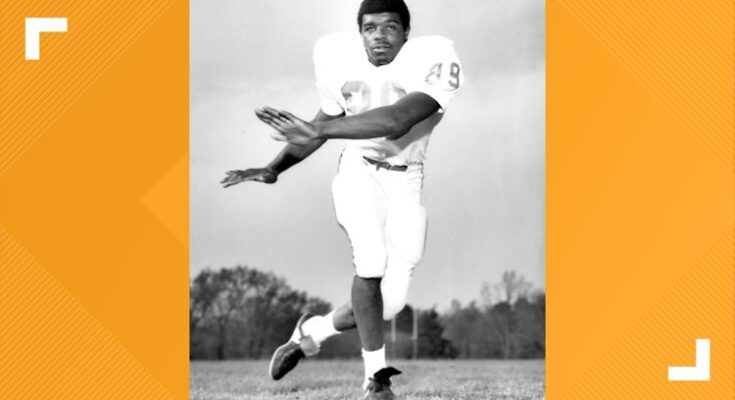Clemson Mourns the Passing of Willie Anderson: A Legacy of Excellence on and off the Field
Clemson University is mourning the loss of one of its most distinguished figures in football history, Willie Anderson, who passed away at the age of 72 in Sumter, South Carolina. Anderson’s legacy is deeply intertwined with the fabric of Clemson football, having made indelible contributions both as a player and as a coach.
Born in Mayesville, South Carolina, Anderson’s journey to Clemson began in 1971. Over the next three years, he became a cornerstone of the Tigers’ defense, playing as a middle guard and linebacker from 1972 to 1974. His prowess on the field was evident, starting 31 of Clemson’s 33 games during that period. Anderson’s most memorable performance came in the 1974 season finale against arch-rival South Carolina. In that game, he recorded 21 total tackles, a record for a Clemson defensive lineman in a single game. This outstanding achievement earned him National Lineman of the Week honors from the Associated Press and National Player of the Week accolades from Sports Illustrated.
At the conclusion of the 1974 season, Anderson’s exceptional play was recognized with a first-team All-ACC selection. Though he signed a free agent contract with the Oakland Raiders, his professional playing career took a different path. Anderson spent the 1975 season with the Birmingham Vulcans of the World League of American Football, helping the team achieve a league-best 9-3 record.
Transitioning from player to coach, Anderson began his coaching career in 1976 as an assistant at Chamblee High School in Georgia. His trajectory in coaching led him back to Clemson in December 1976, when he was appointed a graduate assistant under head coach Charley Pell. Over the next few years, Anderson’s role expanded; he served as the head junior varsity coach and, in 1979, was promoted to full-time assistant coach by head coach Danny Ford. Initially coaching tight ends, Anderson shifted to coaching defensive ends in 1980, a position he held during Clemson’s first national championship season in 1981. He continued in this role through the 1982 season, working alongside defensive coordinator Tom Harper.
Anderson’s coaching journey took him to Oklahoma State University in 1983, where he joined the staff of Hall of Fame coach Jimmy Johnson. He remained with Oklahoma State through the 1985 season before moving on to coach at Langston University in Oklahoma.
Beyond his on-field achievements, Anderson was known for his deep commitment to the Clemson community and his genuine care for the players he mentored. His approach to coaching was holistic, emphasizing not just athletic development but also personal growth and integrity. Anderson’s legacy is a testament to the enduring impact of mentorship and the lasting bonds formed within the Clemson football family.
As the Clemson community reflects on Anderson’s contributions, his memory will undoubtedly inspire future generations of Tigers. His dedication to excellence, both on and off the field, has left an indelible mark on Clemson University and the sport of football.


